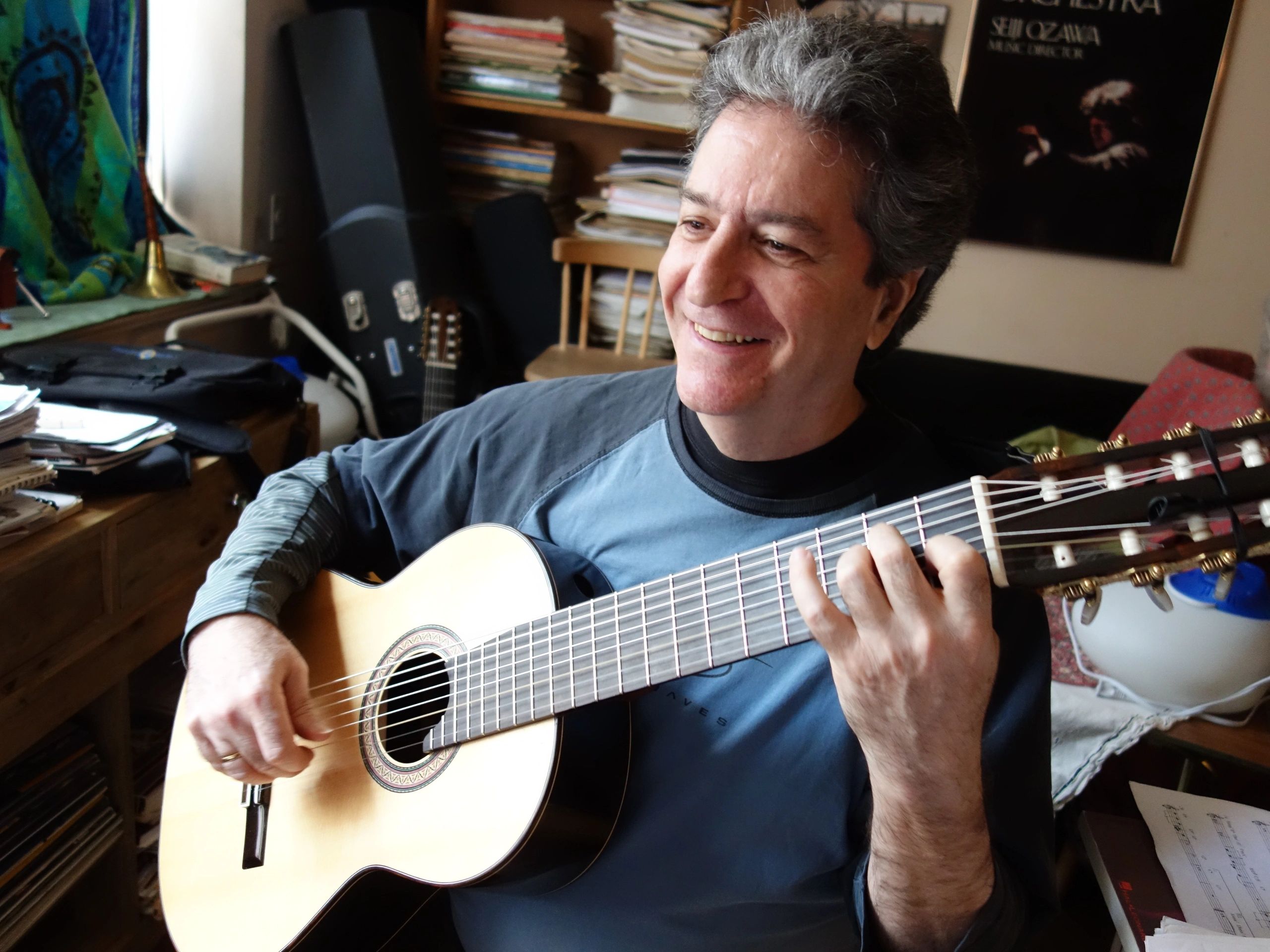Blue Spinnaker
Newbie
Hi,
I am new on here, looking for help, hope that’s ok. I am a music therapist, working with people facing all sorts of life challenges, such as dementia, autism, mental health problems or learning disabilities. I have a range of instruments that my clients and I can play, including an accordion, which I acquired a year or two ago - that’s another story!
I discovered that one particular client really loved the sound of the accordion - she is non-verbal but reacted to it in a way that we haven’t seen before, so I really need to get a bit better at it! I am a pianist so I know the theory of music, notation, playing by ear and my way around a keyboard, so I don’t need that side of things, but I could do with some techique guidance on all the rest as I am basically making it up as I go along….
Would anyone be able to recommend a resource to help me?
Many thanks!
I am new on here, looking for help, hope that’s ok. I am a music therapist, working with people facing all sorts of life challenges, such as dementia, autism, mental health problems or learning disabilities. I have a range of instruments that my clients and I can play, including an accordion, which I acquired a year or two ago - that’s another story!
I discovered that one particular client really loved the sound of the accordion - she is non-verbal but reacted to it in a way that we haven’t seen before, so I really need to get a bit better at it! I am a pianist so I know the theory of music, notation, playing by ear and my way around a keyboard, so I don’t need that side of things, but I could do with some techique guidance on all the rest as I am basically making it up as I go along….
Would anyone be able to recommend a resource to help me?
Many thanks!

